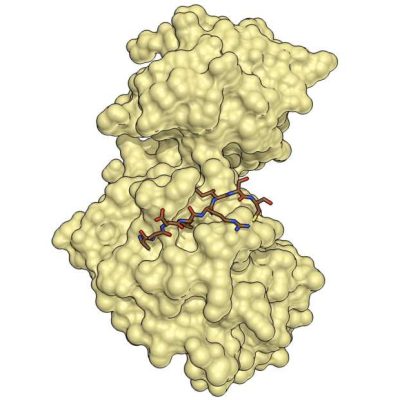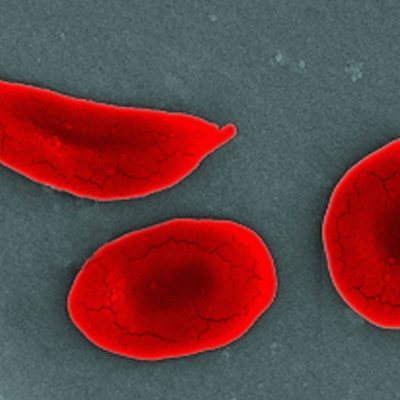The “happiness hormone” serotonin has been found to promote cancer growth, according to a study by researchers at the University of Zurich. While serotonin is primarily known for its role in regulating mood, it is also produced in the gut and can affect the immune system. The study found that certain cancer cells use serotonin to inhibit the activity of immune system cells, which can promote tumor growth. The researchers developed a new therapy using antidepressants like Prozac to reduce the amount of serotonin in the body, which was found to slow tumor growth in mice. The therapy was even more effective when combined with immunotherapy, and the researchers plan to test it in clinical trials with human patients.
The study, published in the journal Science Translational Medicine, found that cancer cells use serotonin to produce a molecule called PD-L1, which binds to immune system cells and prevents them from attacking the tumor. The researchers developed a therapy using antidepressants like Prozac to reduce the amount of serotonin in the body, which was found to slow tumor growth in mice with colon and pancreatic tumors. The therapy was even more effective when combined with immunotherapy, and in some cases, the tumors disappeared completely.
The researchers plan to test the therapy in clinical trials with human patients, as current treatments for advanced pancreatic and colon cancer are rarely effective. The study’s lead author, Pierre-Alain Clavien, said that “already approved classic antidepressants could help improve the treatment of previously incurable pancreatic and colon cancer.” The researchers hope that the therapy could be used to treat other types of cancer as well.










